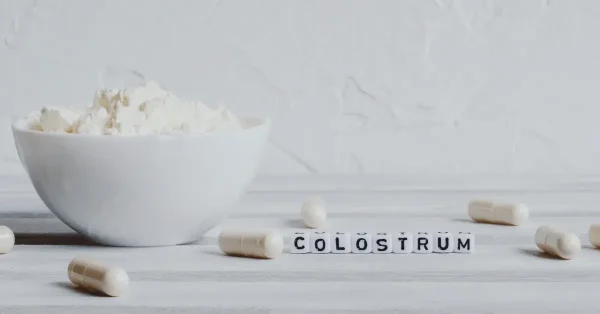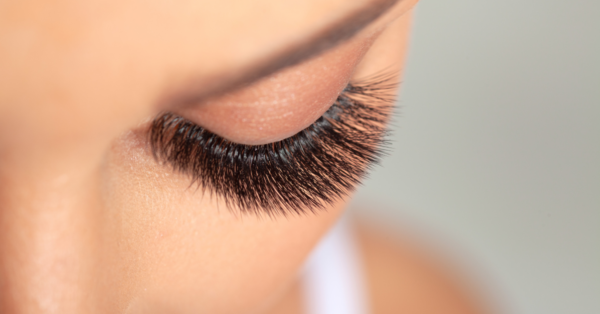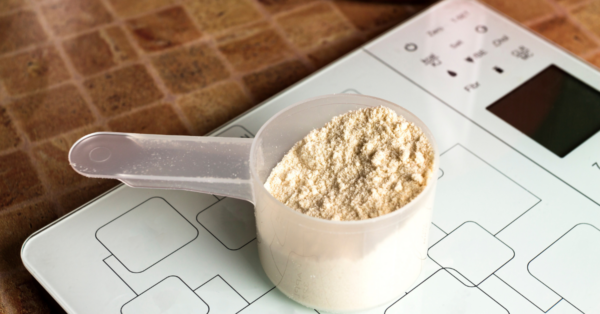Aging can feel like a slow decline in your abilities. One of life’s greatest challenges can be learning to adapt to these changes and how to be your best self in spite of them. But, it turns out that clear and quick brain function may not be something you have to accept as a part of getting older.
One of the first things you begin to notice as you age is the loss of mental sharpness and quickness and the slipping of your memory.
So-called ‘senior moments’ begin to happen more often, everyday mental chores and problem-solving become harder to do, and forgetting where you put the car keys or what you walked into the bedroom for are common occurrences.
These increasingly frequent mental lapses can be a source of anxiety, worry, and depression as people begin to fear eventually losing their independence, as well as the possibility of dementia and Alzheimer’s and all the heartache they bring.
The good news is that there is an effective and affordable way to fight back against age-related mental decline.
Recent research has shown promising results for improved brain health from one popular dietary supplement.
Probiotics For Improved Cognitive Functioning
A probiotic supplement is useful for maintaining the vitality and balance of the healthy bacteria that live in your stomach and digestive tract.
Scientists have long known that there is an intimate connection between the digestive system, or gut, and the brain.
In fact, the gut is sometimes called the ‘second brain’ because it produces many of the same chemicals that the brain does.
These substances, including dopamine, serotonin, and others, control how the brain functions and affect memory, decision-making ability, mood, and other processes.
The brain and the gut communicate directly with each other through the nervous system, so what happens in the gut affects what happens in the brain, and a healthy digestive system contributes to a better-functioning mind.
Certain types of bacteria naturally thrive in the gut and are essential to its proper operation.
A probiotic supplement can help both men and women maintain a good balance and variety of these good bacteria.
Recent Research Supports Using Probiotics For Brain Health
Scientists have shown increasing interest in how probiotic supplement use can help to improve thinking, learning, memory, and mood.
Recent studies involving women, men, and children of all ages and backgrounds have consistently shown markedly better performance on cognitive tests, including those measuring memory and decision-making, after the research participants had received a probiotic supplement for as little as four weeks.
Other research has shown that probiotics can help to regulate and elevate mood and to relieve the effects of stress and depression, and also help those suffering from sleep disorders to get a better night’s rest.
Researchers are particularly interested in the potential benefits of probiotic supplements for Alzheimer’s and dementia patients, and initial studies have shown some improvement in memory and attention levels.
How Probiotics Improve Cognitive Health
The bacteria that live in your gut produce a number of substances that help to regulate your whole body.
The most important of these for brain function are serotonin and dopamine, and probiotics help to increase levels of these vital neurotransmitters.
Dopamine and serotonin also allow the brain and gut to communicate quickly with each other through a network of nerve bundles situated along the central vagus nerve.
Probiotics have also been shown to be helpful in increasing the levels of substances that reduce inflammation and swelling which can damage the cells and tissues of the brain.
Summary
Research into the potential of probiotic supplements to increase cognitive function and regulate mood has shown promising results.
For women and men wanting to counteract the natural decline of age, and for those of any age who want to improve their mental ability and memory and eliminate brain fog, a probiotic supplement can be a powerful addition to their health and wellness toolbox.
Sources
1. https://www.health.harvard.edu/mind-and-mood/probiotics-may-help-boost-mood-and-cognitive-function#:~:text=Probiotics%20may%20help%20boost%20mood%20and%20cognitive%20function.,are%20connected%2C%20a%20partnership%20called%20the%20gut-brain%20axis.
2. https://pubmed.ncbi.nlm.nih.gov/34171323/
3. https://www.ncbi.nlm.nih.gov/pmc/articles/PMC8746506/
4. https://www.alzdiscovery.org/cognitive-vitality/ratings/probiotics
5. https://www.hopkinsmedicine.org/health/wellness-and-prevention/can-probiotics-improve-your-mood
6. https://www.clinicaleducation.org/probiotics/sleep-immunity-nutrition/







